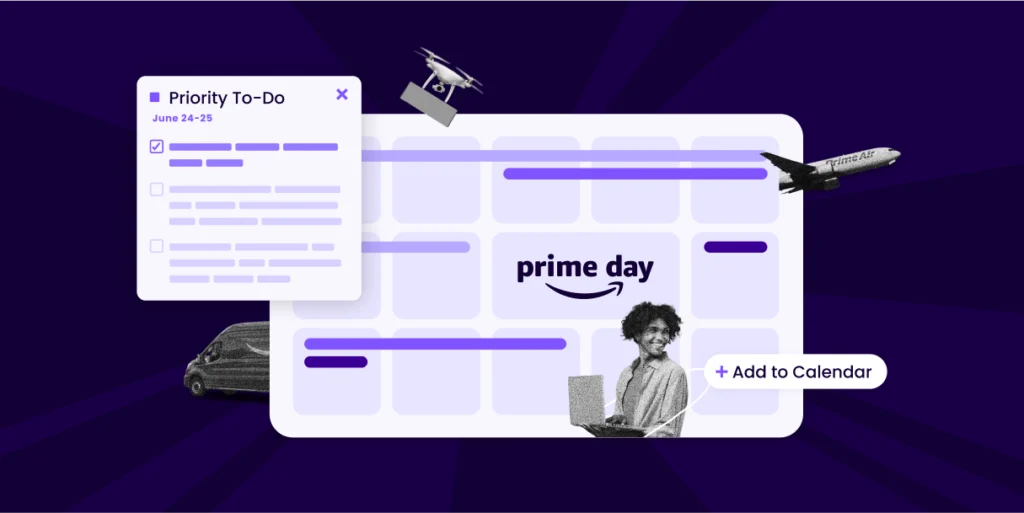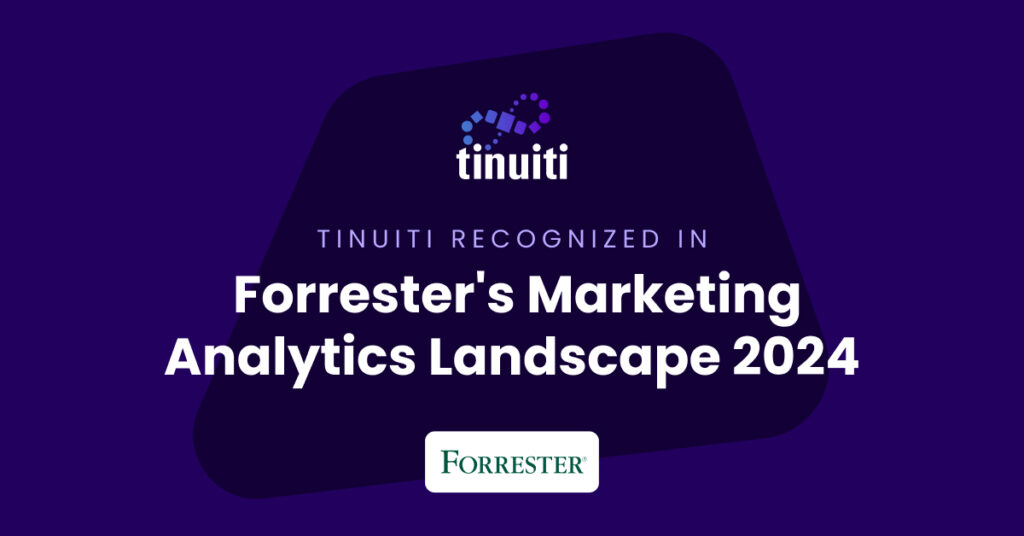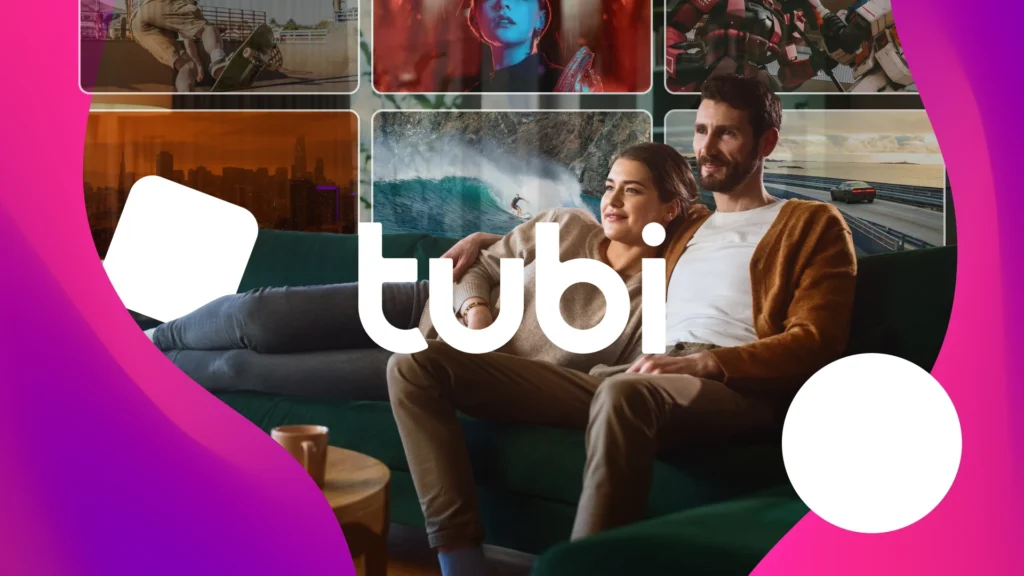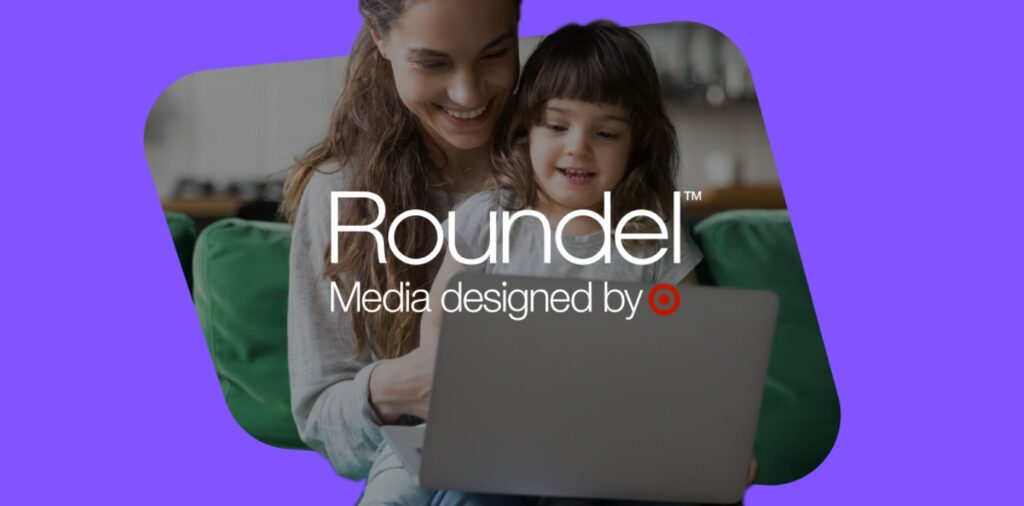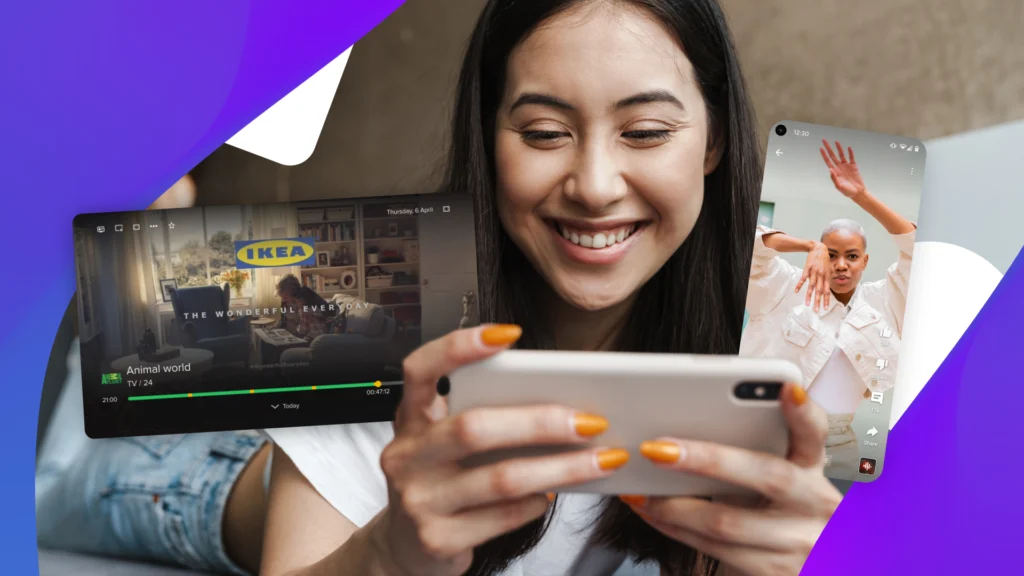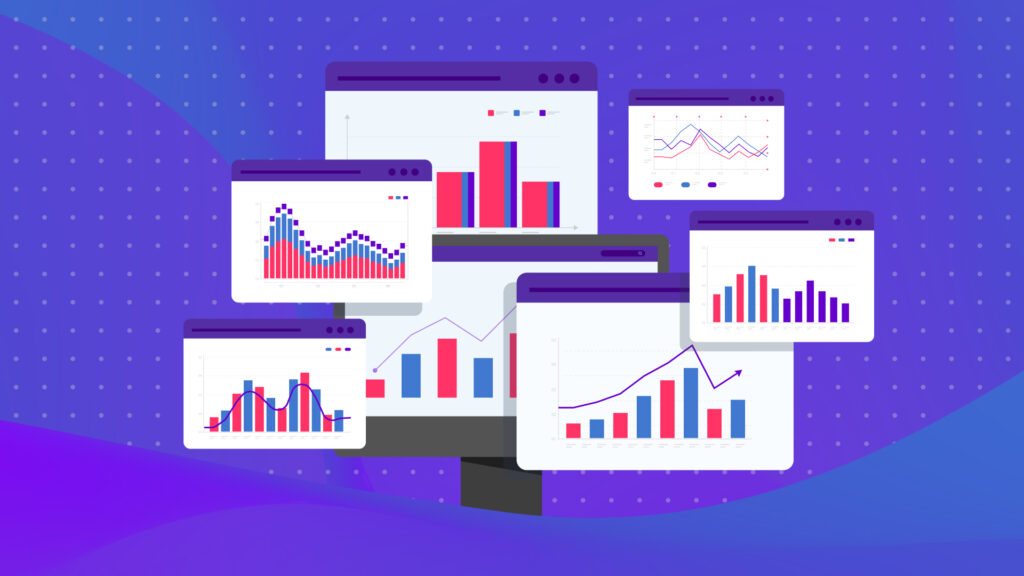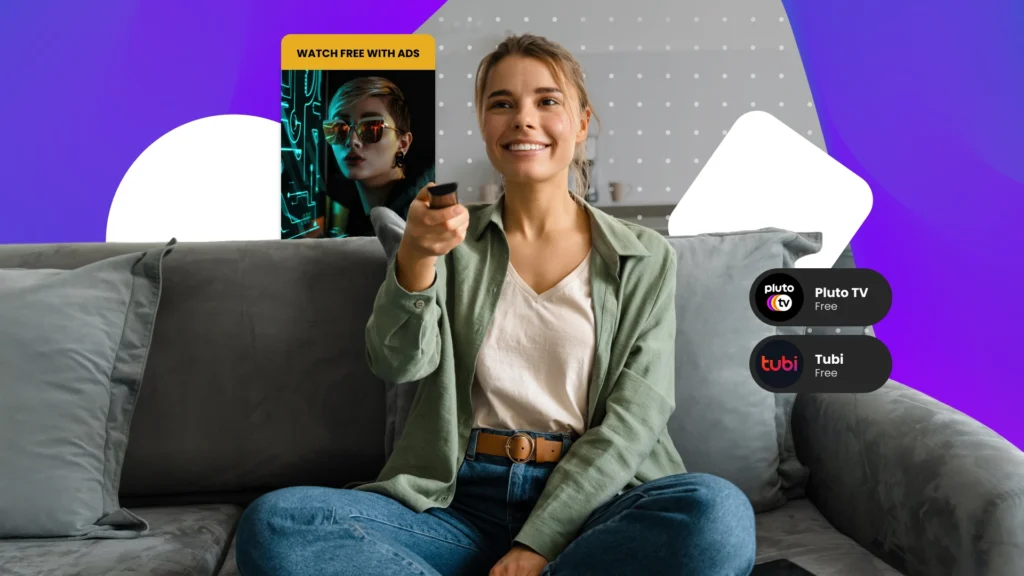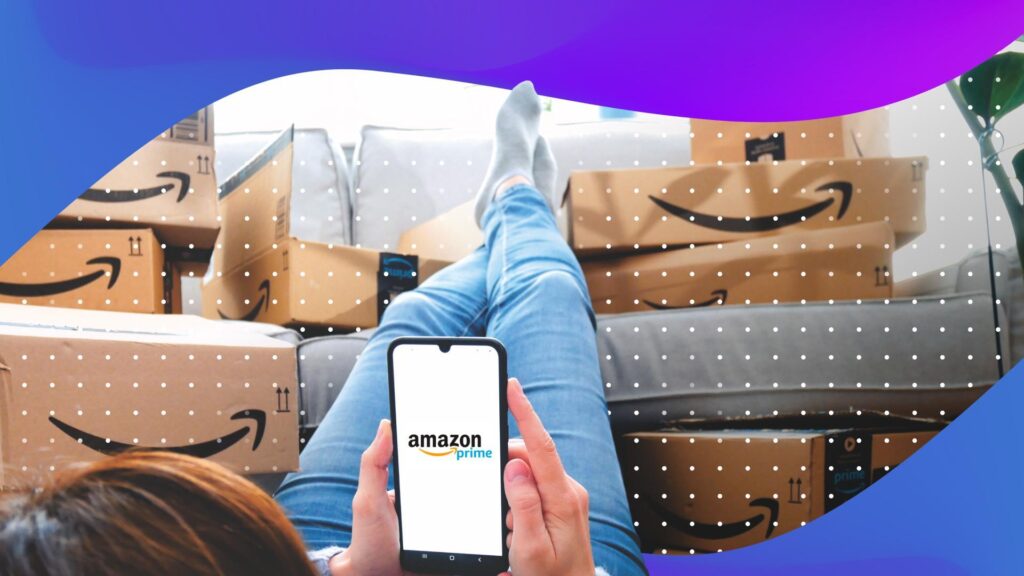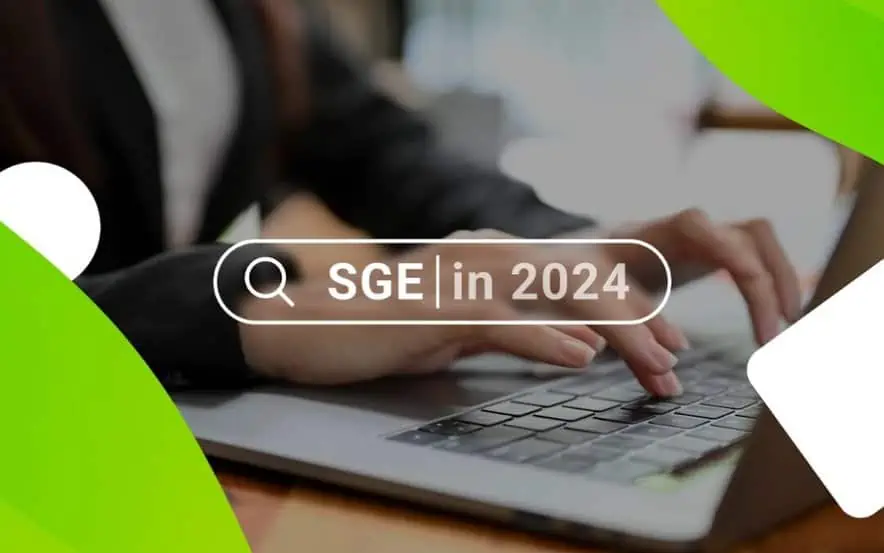Thanks to the web, there are now thousands of ways to generate leads—and good ones, too.
There’s SEO, which drives more users to your website. There’s content creation, which provides useful blogs, ebooks and white papers in exchange for email addresses and other leads you can nurture.
And finally, there’s social media, arguably one of the best ways to generate leads in the digital age.
FREE GUIDE: Facebook Audience Targeting & Content Performance
So, what’s the secret to successful social media lead generation? And how can you ensure those leads are qualified and worth your organization’s time and resources. Let’s dive in.
Social Media Lead Generation 101
To be successful with social media lead generation, you have to first understand the inherent differences between social platforms and other marketing mediums.
There are a lot of them, obviously, but what I’m talking about are the core, basic ones that speak to how the platforms are used and why people use them.
BLOG POST: Breakdown of Each Social Media Marketing Platform for Retailers
With social media, people are looking for relationships — someone they can ask questions, someone they can go to for help, and someone they can have an actual, two-way conversation with.
Social users want—and expect—the people and brands they interact with to be honest, trustworthy and have a voice—a unique personality that’s all their own. They don’t want to be given the hard sell and they don’t want pushy salespeople or jargon thrown their way.
They want authentic, down-to-earth, real interactions. Deliver that, and the leads will follow.
Tips for Social Media Lead Generation
Knowing what people expect from social media, it’s easy to see that generating leads from it takes a little bit of finesse. Unlike with other outreach methods, you can’t just post a bunch of marketing mumbo jumbo and expect it to stick.
You have to provide value to your followers if you want something in return—and that can take some creativity for some brands.
Here are a few tips to help:
1. Offer social-only offers – Reward people for following you with freebies, giveaways, sweepstakes or even just special discount codes once in a while. Make it worth their while.

2. Promote valuable content – This doesn’t just mean post your own blog posts. You can do that, but supplement it with content from other sources, too—trusted ones that offer information your customers and followers can actually use and leverage.
3. Always use landing pages and CTAs – If you’re going to use social media to drive followers to your website, make sure you’re sending them to:
- Highly optimized landing pages that speak to their needs, or
- Pages with calls to actions or forms, which can help you capture lead information or encourage them to contact you, purchase a product or take some other action.
4. Get their input – Remember, social media isn’t a one-way street. Ask your followers questions, conduct polls and post surveys. You should be in-tune with what your followers want—so you can deliver on that.

5. Leverage Audience Targeting – Most social platforms offer some form of paid advertising nowadays. While these shouldn’t comprise your entire strategy, they should play a role. Social media advertising is often highly targetable, meaning you can easily reach the right type of customer at the right point in the sales funnel.
FREE GUIDE: Facebook Audience Targeting & Content Performance
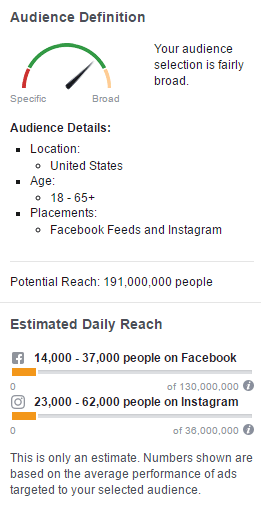
6. Focus your efforts – Not every social media platform is right for every brand. Do some research and find out where your target audience congregates, and focus your efforts there. Get one or two channels right before expanding your efforts too far.
7. Run contests – Contests are a huge hit—particularly on Instagram and Facebook. They’re a great way to gain visibility and attract new followers, and they often lead to highly shareable, highly viral content.
Enter by retweeting, sharing, liking or following are the easiest ways to run a contest, though there are also apps that can automate the process for you (Like Wishpond, for example.)

Whether on Facebook, Instagram, Pinterest, Twitter, or Snapchat–there’s no doubt that social media contests are a big deal for online retailers. If you’ve run successful social media contests in the past, you know it’s not easy. There are many factors that go into the contest from start to finish, and some of them may take even the savviest marketer by surprise.
If you want to learn more about successful social media contests, check out our post below:
“8 Do’s & Don’ts That Can Make or Break Social Media Contests”
8. Listen – Social media listening tools can help you hone in on potential leads out there. You can track mentions of your brand name, keywords and more, and insert yourself into conversations surrounding your organization or your industry.
A few examples include Sprout Social, HootSuite and Zoho.
Facebook Lead Generation
Of the many options advertisers have to choose from, at CPC Strategy we’ve seen significant result from leveraging Facebook Lead Ads.
Gone are the days when advertisers had to set up long opt-in forms or separate landing pages to gain customer or lead information. Facebook Lead ads were designed to make mobile signups easy by removing the usual friction of filling out an online form.
This saves people time, and makes sure that businesses collect information that’s important to them.
Lead Ads allow Facebook users to sign up for:
- newsletters
- price estimates
- follow-up calls
- business information
Benefits of Facebook Lead Ads
Collect information in real time: Through these integrated marketing platforms, retailers can collect lead information in real-time, helping them maintain communication with their customers. They can also collect leads in real-time by setting up a custom integration between the CRM and the Facebook API. (Or you can download lead information manually into a CSV file.)
Retargeting potential customers: Garnered contact information can also be used to create Custom Audiences and Lookalike Audiences, ultimately allowing retailers to remarket to current customers, or find and approach new ones that share similarities with people who have filled out your form. While this approach may not drive immediate results in terms of sales, it increases the likelihood of increased conversions in the future.
 Facebook Lead Ads can be extremely useful not only for retail brands but also for “service providers” such as insurance companies, medical providers, or SAAS startups, if their messaging is crafted and targeted corrected.
Facebook Lead Ads can be extremely useful not only for retail brands but also for “service providers” such as insurance companies, medical providers, or SAAS startups, if their messaging is crafted and targeted corrected.
For example, a medical service provider (whose name we will keep confidential for this blog article) was averaging about 200 leads per week.
We recommended they invest in Facebook Lead ads and over a period of 4 weeks we saw an average of 200 leads per week jump to 365 per week. Additionally, cost per leads dropped nearly 50%.
“One caveat, especially for service providers is you have to have some sort of way of evaluating the quality of your leads,” Adam Harms, Retail Search Manager at CPC Strategy said.
“Just because you are generating more leads, doesn’t mean all of them are going to be qualified, so make sure to keep an eye on that to ensure you are maintaining high quality leads.”
To learn more about social media lead generation, email [email protected].
You Might Be Interested In


